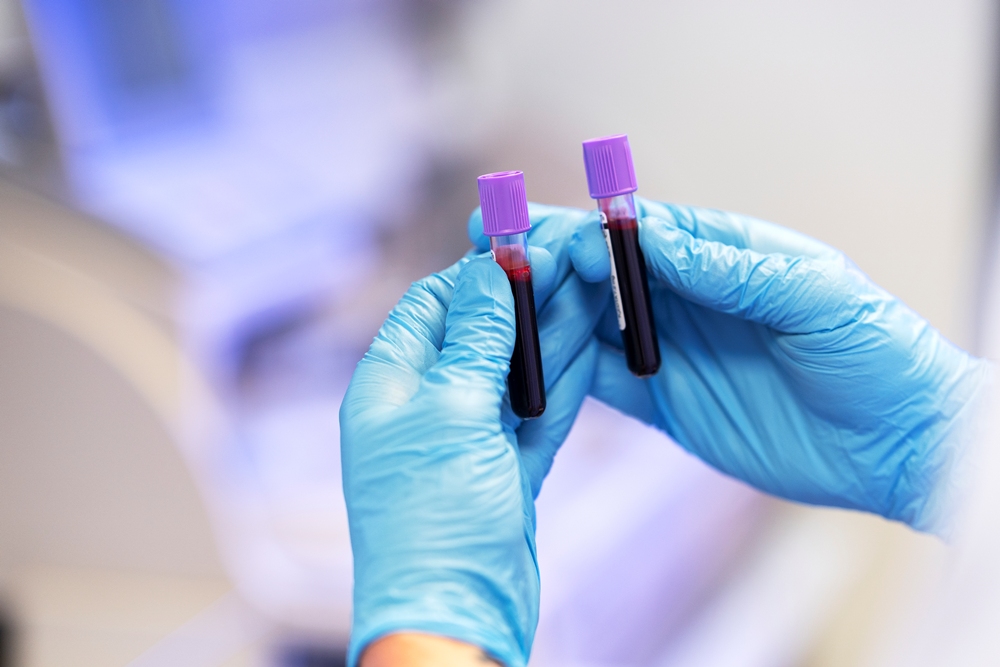Researchers develop first accurate blood test for chronic fatigue syndrome

Scientists say they have developed the first blood test to diagnose chronic fatigue syndrome, though experts warn further studies are needed.
The test could change how doctors identify myalgic encephalomyelitis/chronic fatigue syndrome (ME/CFS) – a debilitating illness marked by extreme tiredness not eased by rest.
There is currently no diagnostic test, and many patients face years of uncertainty before receiving a diagnosis.
Prof Dmitry Pshezhetskiy from the University of East Anglia’s[UEA] Norwich Medical School said: “ME/CFS is a serious and often disabling illness.
“We know that some patients report being ignored or even told that their illness is ‘all in their head’. With no definitive tests, many patients have gone undiagnosed or misdiagnosed for years.
“Our discovery offers the potential for a simple, accurate blood test to help confirm a diagnosis, which could lead to earlier support and more effective management.”
Researchers from UEA and Oxford Biodynamics examined how DNA folds in cells and discovered patterns that may indicate the condition.
The team analysed blood samples from 47 people with severe ME/CFS and 61 healthy adults.
They found a distinctive DNA folding pattern that appeared consistently in people with ME/CFS but not in healthy controls.
The test showed 92 per cent sensitivity – correctly identifying people with the condition – and 98 per cent specificity, meaning it accurately ruled out those without it.
Alexandre Akoulitchev, chief scientific officer at Oxford Biodynamics, which funded and co-authored the research, said: “Chronic fatigue syndrome is not a genetic disease you’re born with.
“That’s why using EpiSwitch ‘epigenetic’ markers – which can change during a person’s life, unlike fixed genetic code – was key to reaching this high level of accuracy.”
However, independent experts have urged caution and called for wider testing before clinical use.
Prof Chris Ponting, chair of medical bioinformatics at the University of Edinburgh, said some of the claims were “premature”.
He said: “This test needs to be fully validated in better-designed and independent studies before it is considered for clinical application.
“Even if validated, the test will be expensive, likely about £1,000.”










